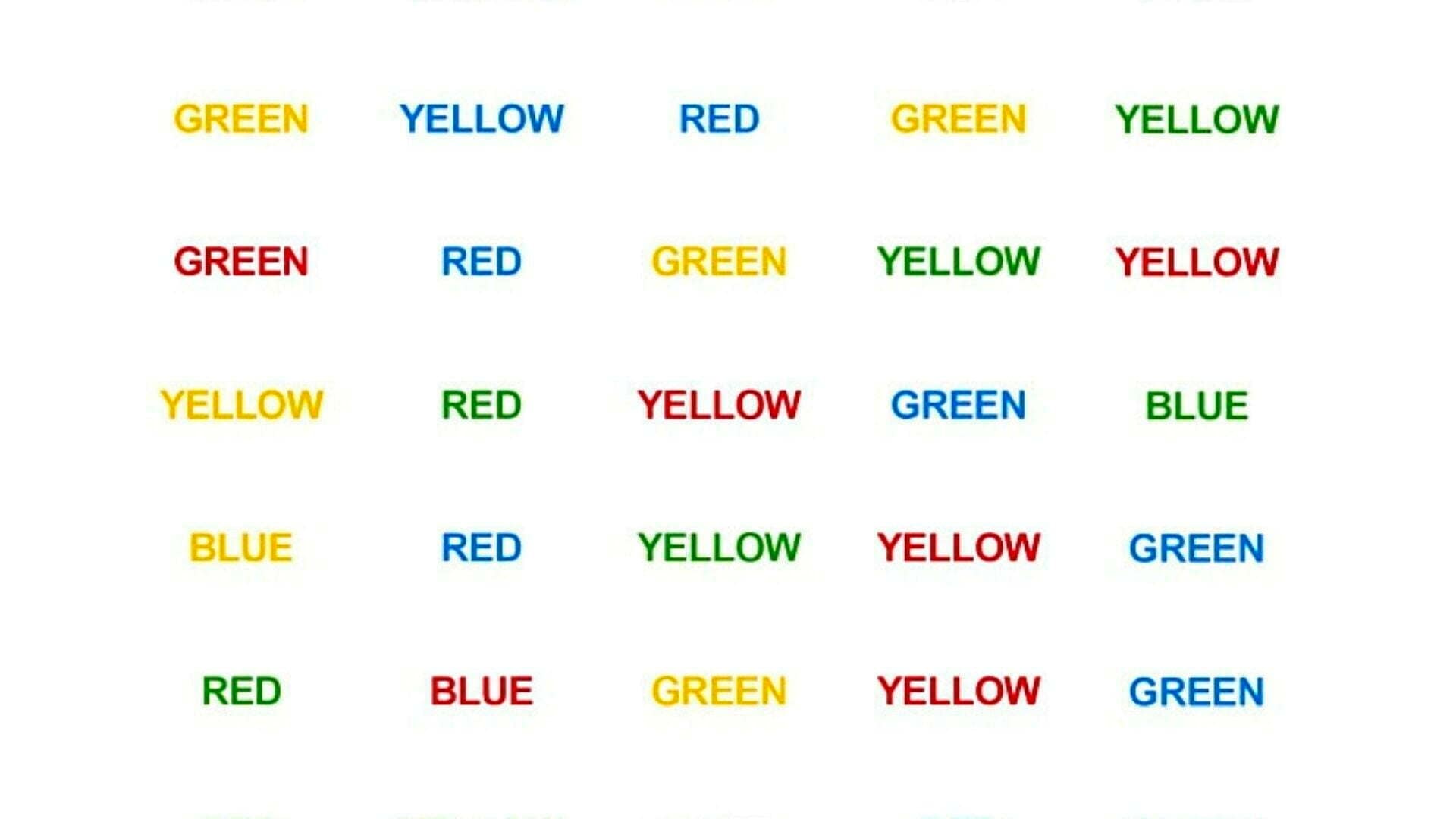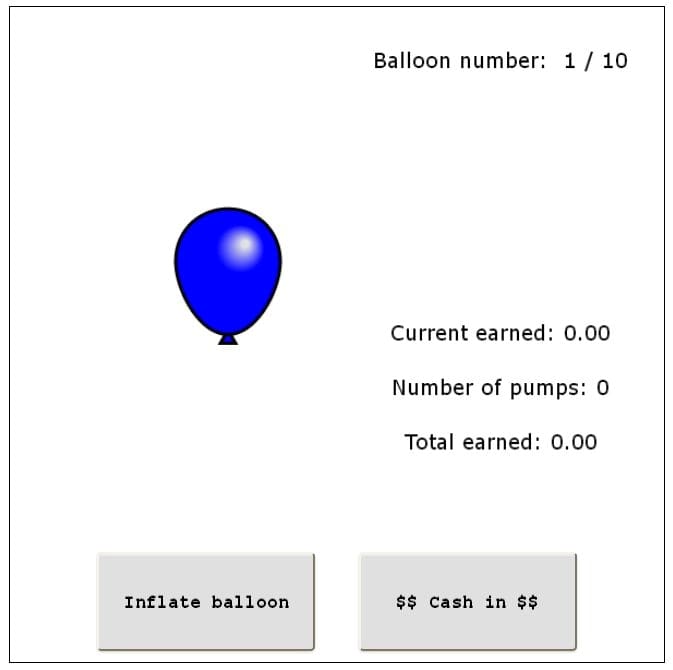
-
What is cognitive rehabilitation?
Cognitive rehabilitation addresses issues with cognitive functioning, and aims to strengthen these processes through a series of tasks, to be exercised on a daily basis. Cognitive functioning is defined as ‘the mental action or process of acquiring knowledge and understanding through thought, experience, and the senses’, and can include any of the following:
- Learning
- Memory
- Thinking
- Reasoning
- Memory
- Problem solving
- Decision making
- Attention
- Language
Many factors can influence cognitive functioning, including age, drinking and smoking, body mass index, depression, brain injury, and other genetic or environmental factors. We all have the same cognitive processes, but the way in which we engage in these can differ enormously from person to person.
-
Who is it helpful for?
Anyone from all backgrounds and ages can benefit from engaging in cognitive rehabilitation, as it aims to enhance the processes that we all use on a daily basis. However, it can be particularly useful for people who have cognitive impairments, such as those with ADHD, learning difficulties (dyslexia, dyscalculia, etc), brain damage (including those who have experienced a stroke), and dementia. The treatment will target specific cognitive processes which may be impaired in the said presentation.
For example, in dyslexia, the treatment primarily targets information processing, whereas for those with a brain injury, it will target memory, problem solving, attention and language communication. In those with ADHD, the primary targets for treatment are working memory and attention.
However, although we do recommend the program to all, those currently experiencing substance dependency may wish to tackle the addiction prior to engaging in cognitive rehabilitation. The reason for this is due to the damaging effects of illicit drugs and alcohol on brain functioning, which may result in a delay in progress and results from the program.
-
How does it work?
To understand the science behind cognitive rehabilitation, we need to start with the brain. Our brains are made up of roughly 100 billion neurons, forming 100 trillion connections. As children (including before we are even born), around 1 million new connections are formed every second, meaning that childhood and adolescence is a crucial time for brain development. As we get older, this generation of connections starts to decline, and our connections start to become more efficient. These connections are what makes each and every one of us unique, each with our own individual differences. They are also the building blocks for our daily cognitive processing, and can be nurtured by learning new skills and information, physical activity, and diet.
However, taking dementia as an example, the brain begins to shrink resulting in the death of neurons and these connections, usually in the regions of the brain responsible for memory, language, and reasoning. As a result, people with dementia will experience memory loss, struggle to follow conversations, or have difficulty finding the right words. Although cognitive rehabilitation will not cure dementia, it can help to mediate it by creating new neural connections through different tasks.
Similarly, ADHD has been found to affect neuron connections, and the way different areas of the brain communicate with one another. As such, the connections may be slower, take more time to develop and be less efficient in their transmission, resulting in differences in memory, attention and reward processing compared to neurotypicals. Cognitive rehabilitation aims to strengthen these specific pathways to improve cognitive performance and daily functioning.
-
What Does The Treatment Look Like?
At Private Therapy Clinic, the treatment will be individually tailored to the person, as it is not a one size fits all approach, by our qualified psychologist, Dr Letizia De Mori.
Firstly, a short online assessment will be conducted to determine the appropriate program for you. This will be followed by a monthly program which includes daily tasks and exercises to independently practice for 20-30 minutes a day. Letizia will request to see you minimum once a month to practice the exercises with you (although it is recommended to do this once a week). A short assessment will be conducted every 4 months to monitor progress and update the program as necessary.
-
What type of exercises can I expect to do?
As mentioned previously, there is no one size fits all approach, therefore the tasks and exercises will vary from person to person (usually dependant on age and the cognitive impairment at hand). However, you may expect to practice the exercises through both a computer software, and pen and paper. Here are examples of some of the exercises:
Color-Word Stroop task
In this exercise, you will be presented with colour words on the screen (e.g. red, blue, green, etc.) in different font colours. You are required to say the color of the word, not what the word says. This task is used to target attention.Stop Signal Task
This task is used to target impulse control. You will see an arrow, and are required to select the left-hand button when you see a left-pointing arrow, and the right-hand button when you see a right-pointing arrow. However, if you hear a beef, you are required to withhold your response and not select the button at all.One-Back Task
This exercise is aimed to practice working memory. A series of images will appear on the screen, you will be asked to respond if the current image matches the previous one or not.Chocolate Delay Discounting Task
In this task, you will be faced with two choices. One of them is a small and immediate reward (e.g. one chocolate right now) and the other is a bigger and later reward (e.g. two chocolates in a few hours time). It is aimed to work on reward processing.Balloon Analogue Risk Tasking Task
30 balloons will appear on the screen one by one, and you can inflate the balloon which will add money in a temporary box. If you inflate the balloon too much, it will explode, and you will lose all the money you accumulated in the temporary box. However, for each balloon, instead of inflating it more, you can “collect” the money accumulated and move it to a permanent box and build up your earnings. This exercise assesses decision making in risky situations.Dr Letizia De Mori is open to utilising your own games to improve cognitive performance, such as UNO or other simple card games. However, not all games are suitable, and this will be have to be assessed by Letizia before using it as part of the program.
-
What Are The Costs?
First month’s fee: £1000
Subsequent monthly fee: £800The fees include all the daily programs, intermittent assessments, and clinic visits to Letizia, minimum 1-2 times a month, where she would work directly with you face to face for 2 hours.
If you would like to talk to someone about our cognitive rehabilitation program, please get in touch with the Private Therapy Clinic on Whatsapp message at: +447511116565, email, chat bot or book online to arrange an appointment.
-
References
Barman, A., Chatterjee, A., & Bhide, R. (2016). Cognitive Impairment and Rehabilitation Strategies After Traumatic Brain Injury. Indian journal of psychological medicine, 38(3), 172–181. Link
Cambridge cognition. (2015, August 19). What Is Cognition & Cognitive Behaviour – Cambridge Cognition. Cambridgecognition.com. Link
Harvard University. (2015). Brain Architecture. Center on the Developing Child at Harvard University. Link
Kim, M., & Park, J. M. (2017). Factors affecting cognitive function according to gender in community-dwelling elderly individuals. Epidemiology and health, 39, e2017054. Link
Nejati, V. (2020). Cognitive rehabilitation in children with attention deficit- hyperactivity disorder: Transferability to untrained cognitive domains and behavior. Asian Journal of Psychiatry, 49, 101949. Link
Rahmani, A., Pirani, Z., Davoodi, H., & Heydari, H. (2021). Effectiveness of Cognitive Rehabilitation Training on Information Processing and Academic Performance of Dyslexic Students in Elementary Schools. Journal of Learning Disabilities, 10(2), 212-225. doi: 10.32598/JLD.10.2.2













